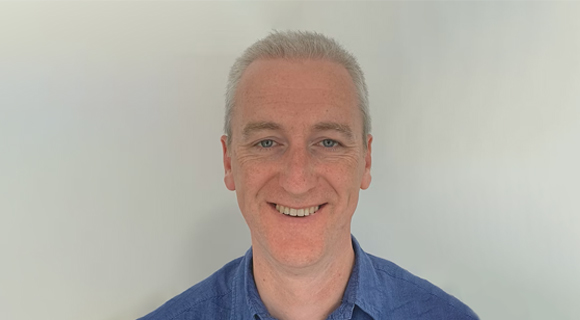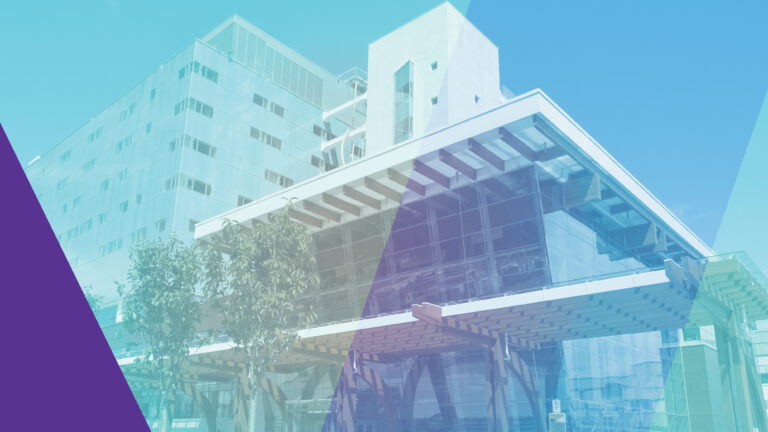Makayla Cheekinew is a Client Partner with the Indigenous Recruitment and Retentions team at Fraser Health Authority. This inspiring young woman is a descendant of the Yellow Quill First Nations outside Saskatoon and the Garifuna Peoples in Honduras. As National Day for Truth and Reconciliation approaches, we explored this innovative program that uses Indigenous leadership to provide a culturally safe experience for employees. Makayla believes more Indigenous representation in healthcare is needed. “Not a lot of people feel safe or want to seek treatment in hospitals because of poor care…having more people from the community and people they can trust will increase the care Fraser Health wants to provide for Indigenous People.” The soon-to-be political science graduate believes we must recruit Indigenous healthcare professionals as the Indigenous population is more likely to experience chronic illnesses and other health challenges exacerbated by poverty.
Truth and Reconciliation
Over 10,000 children have been found in unmarked graves in Canada. This alarming number is why National Day for Truth and Reconciliation, observed on September 30th every year, is so important. The day honours the children who never returned home from residential schools and the survivors, their families, and their communities across Canada. Truth and Reconciliation Day asks us to reflect on the historical injustices Indigenous peoples face while acknowledging the wrongs. Makayla spends the day with her family and community. “It’s a very heavy day,” Makayla sighs, “it’s a memorial and an honourary day for the lost people, the survivors who live with a lot of trauma and the generations after that. I am one of those generations. My grandmother went to a residential school. It’s not just stories to be told but actual real-life experience.”
This important day is rooted in the Truth and Reconciliation Commission’s (TRC) final report in 2015. The TRC contains 94 calls to action. 3 of them are:
- Increase the number of Aboriginal professionals working in the healthcare field.
- Ensure the retention of Aboriginal healthcare providers in Aboriginal communities.
- Provide cultural competency training for all healthcare professionals.
Makayla and the Indigenous Recruitment and Retention (IR&R) team are helping Fraser Health Authority move towards reconciliation in the workplace.
Recruiting Indigenous Talent
Recruiting Indigenous talent in healthcare is multifaceted, and it’s something that Makayla stumbled upon. She admits that she was unaware that these types of employment opportunities existed and was excited to find a position with purpose. “When I found out that this position was about finding Indigenous talent, placing them into healthcare positions, and that it was Indigenous-led, I decided to take a chance and apply,” says Makayla.
There are approximately 45,000 employees within Fraser Health. Less than 1% are Indigenous. Makayla hopes to increase that number to 3.6%. “Indigenous people are very underrepresented in the organization, and our goal is to expand recruitment opportunities and give Indigenous people a helping hand.” The Indigenous Recruitment and Retention team has established a four-pillar approach to overcome recruitment challenges. They include:
- Expanding and creating partnerships in the community to locate and access indigenous talent interested in working in healthcare.
- Increase Recruitment Outcomes by developing mentorship and support programs to help guide Indigenous recruits as they navigate the challenges of healthcare education and employment.
- Establish retention Infrastructure.
- Create a culturally safe workplace.
This year, Fraser Health Authority hired over 150 Indigenous people.
Retaining Indigenous Talent
Established in 1600, healthcare institutions did not include any Indigenous values. “Many Indigenous communities highlight relationships and community,” Makayla said. Recruitment is the first step in finding healthcare talent. The IR&R team also focuses on retaining Indigenous staff. Indigenous employees often face unique challenges working within healthcare institutions. The team hopes to incorporate Indigenization into the employment culture. The term means validating indigenous views, values, and perspectives. It also includes allowing for indigeneity to be expressed.
Incorporating cultural safety standards into the employee experience will help Indigenous people overcome cultural isolation, discrimination, and limited career advancements as they work towards leadership positions.
Maternal Indigenous Health at Surrey Memorial Hospital
A few months ago, Surrey Memorial Hospital hired an Indigenous Maternal Child Liaison—the first of its kind in the province. Working inside the Family Birthing Unit, the role engages with Indigenous life-givers and healthcare staff to improve patient experiences with healthcare; build trust in the health care system; and care for Indigenous life-givers’ physical, mental, emotional and spiritual well-being. Surrey Hospitals Foundation is proud to fund this important role.
Looking to the Future
Makayla envisions a future where all Indigenous peoples can receive support at any stage of their career journey, whether it is when they are starting or when they are looking to advance to a leadership position. “It’s about making employees feel like there is a community they belong to, so that they want to come to work every day,” said Makayla. “We want people to be their authentic selves.”
As we commemorate National Day for Truth and Reconciliation, remember that recruitment and retention of Indigenous talent is not just about responding to historical wrongs of the past, it is also about moving towards healing, and a more equitable future for all Canadians.
How are you commemorating Truth and Reconciliation Day?
 About the Author
About the Author
This article is a guest post by Denise Moulton, a registered nurse that works at the Jim Pattison Outpatient Care and Surgery Centre in Surrey. Denise is passionate about writing. Her background in journalism allows her to create compelling and informative content that resonates with anyone interested in healthcare. In her free time, Denise can be found exploring British Columbia’s hiking trails.


